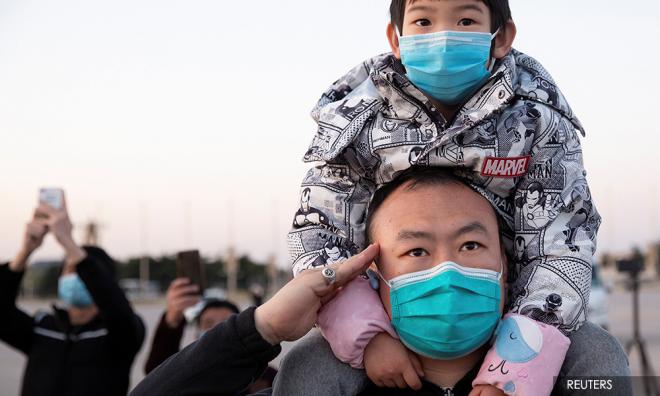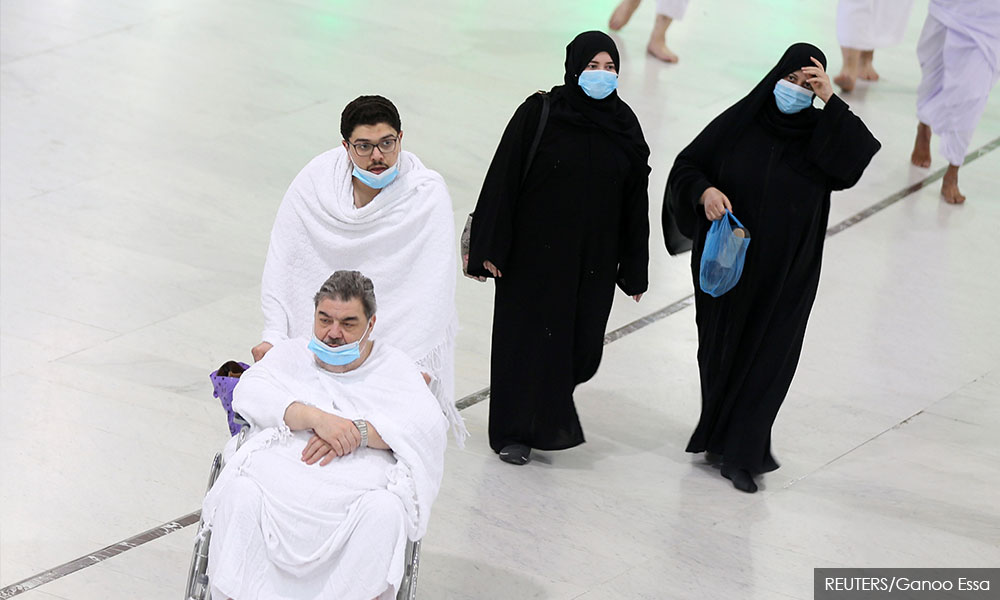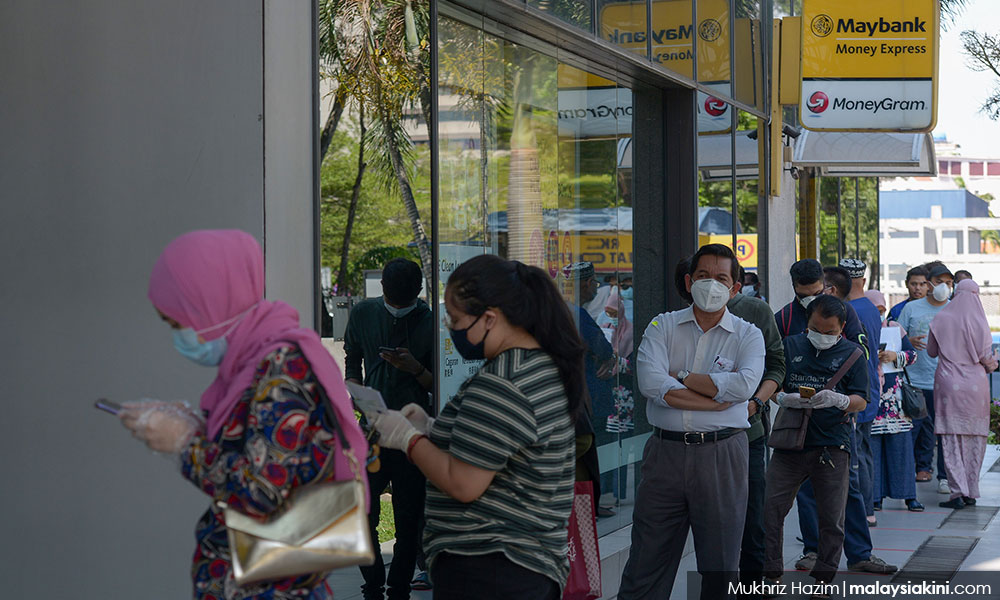
CORONAVIRUS | A systematic review of the available research has found little evidence to support the widespread wearing of facemasks to prevent respiratory diseases such as Covid-19.
The paper ‘Facemasks and similar barriers to prevent respiratory illness such as Covid-19: A rapid systematic review’ has published at the pre-print repository MedRxiv yesterday and has not yet been peer-reviewed.
In the review, a group of researchers based at the University of East Anglia, UK, systematically searched and analysed studies that looked at the effectiveness of facemasks.
They searched for studies on whether such masks could prevent the spread of influenza-like illnesses and other respiratory symptoms in community settings, as opposed to medical settings such as clinics and hospitals.
Overall, they found 31 studies that meet the criteria of inclusion in their analysis, including 12 randomised control trials (RCTs). In most cases where the information is available, these studies had used medical-grade paper surgical masks.
Of the 31 studies, three RCTs found that the masks reduced the odds of developing influenza-like illnesses and respiratory symptoms by only six percent.
Meanwhile, in the observational studies, they found that the odds of spreading respiratory diseases is reduced by 19 percent if both the infected person and their housemates wore a face mask.
The effect is ‘very small’ if only the infected person or their healthy housemates wore the masks.

In studies on Hajj pilgrimages, the evidence on the protective effect of facemasks is inconsistent.
However, the researchers criticised that the quality of the available studies was poor, and that the RCTs would underestimate the protective value of facemasks while the observational studies would exaggerate it.
“The evidence is not sufficiently strong to support widespread use of facemasks as a protective measure against Covid-19.
“However, there is enough evidence to support the use of facemasks for short periods of time by particularly vulnerable individuals when in transient higher-risk situations,” the group said, while advocating higher quality studies on the subject.
Other scientists not involved in the review praised the new paper as timely and backed its findings.
“This research, while not yet peer-reviewed by scientists, is a reasonable review of previous studies and presents the existing evidence fairly – which is that there is only very limited evidence of the benefits of wearing face masks by the general public, no evidence that wearing them in crowded places helps at all, and no evidence at all yet related to Covid-19,” said University of Reading cellular microbiology Simon Clarke to the UK non-profit group Science Media Centre.
University of London biological anthropologist Jennifer Cole told the SMC that the study supports prioritising limited stocks of face masks for healthcare workers, as well as others in ‘high-risk settings’ such as supermarket checkout staff and public transport operators.
“This study, therefore, supports the importance of prioritising limited stocks for healthcare staff and other key workers in the high-risk settings identified by the study as more likely to benefit from mask use.
“It is important to synthesize what we know right now, and even though these studies largely do not relate to the current outbreak, it is the best knowledge available at present,” she said.
University of Southampton senior research fellow in global health Michael Head told the SMC that the review shows that there are special circumstances where masks are useful, such as when moving around people with weaker immune systems and others who are more vulnerable to disease.
“There was also evidence of a potential small protective effect when facemasks were worn in community settings where the contact was quite brief such as in shops.

“However, these protective effects appear to be very small, and the studies reviewed typically contained significant biases (for example, when reporting user compliance).
“Thus, despite this excellent review, there are still uncertainties around future policies that consider facemasks,” he said.
Currently, the World Health Organisation’s official guidelines state that members of the public should only wear facemasks only if they are sick, or if they are caring for the ill.
Those who do wear a mask must know how to use and dispose of it properly, it said, and to use it in combination with frequent handwashing.
On Saturday, however, WHO's top emergencies expert Dr Mike Ryan suggested that using improvised ‘mouth coverings’ by members of the public is “not a bad idea”.
"So we can certainly see circumstances in which the use of masks, both homemade or cloth masks, at the community level may help in an overall comprehensive response to this disease," he said.
However, he stressed that medical-grade masks should be prioritised for healthcare workers, and if masks are used, it should be part of a strategy that does not negate the need for handwashing and social distancing.
Health Ministry director-general Dr Noor Hisham Abdullah had said the ministry is still waiting for new guidelines from the WHO, but reiterated that those who show symptoms of illness should wear a mask.
“For the public, if you have symptoms, then, by all means, put on a mask.
“The question is should everyone always wear masks but if you are exposing yourself to the public, perhaps you should, but again we need to look into evidence first,” he told a press conference on Sunday. - Mkini



Thanks, that was a really cool read! wholesale face masks
ReplyDelete